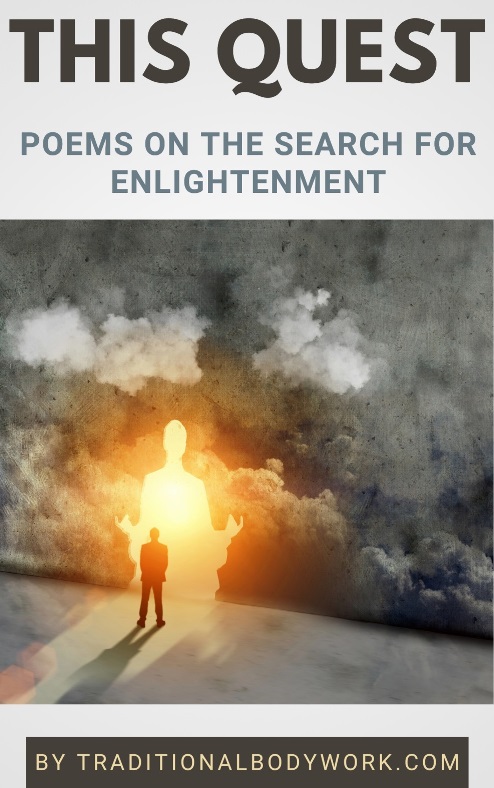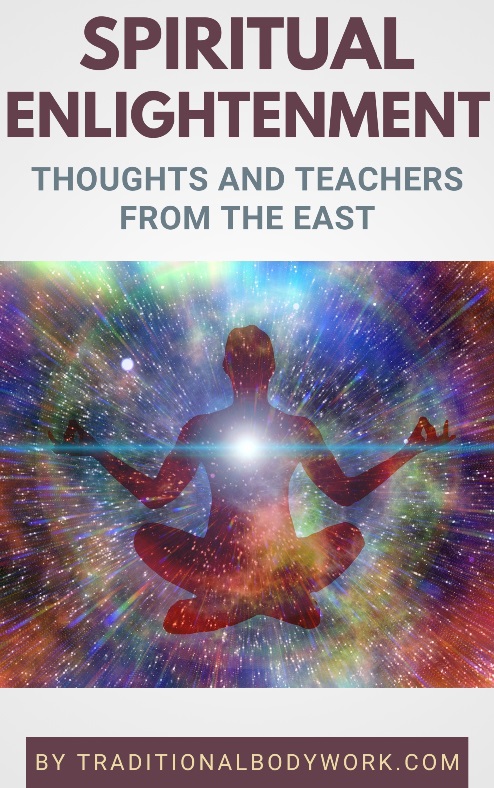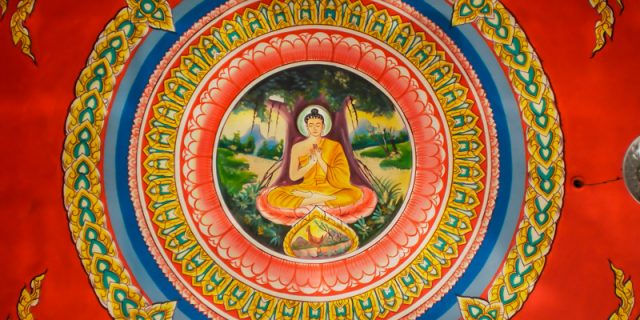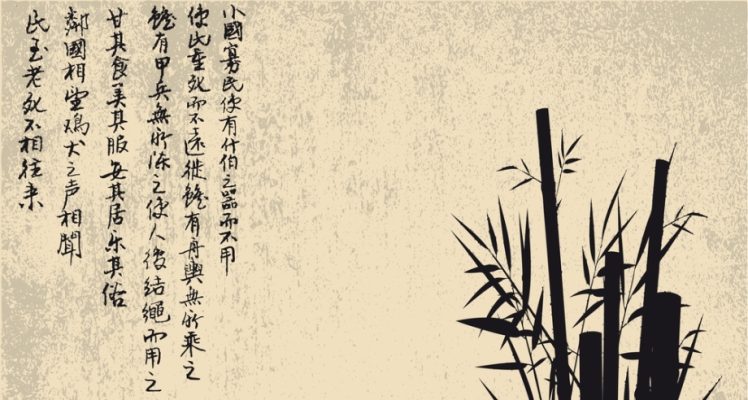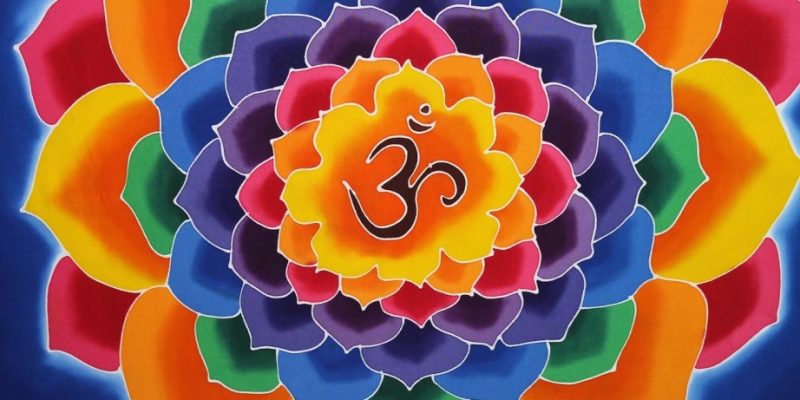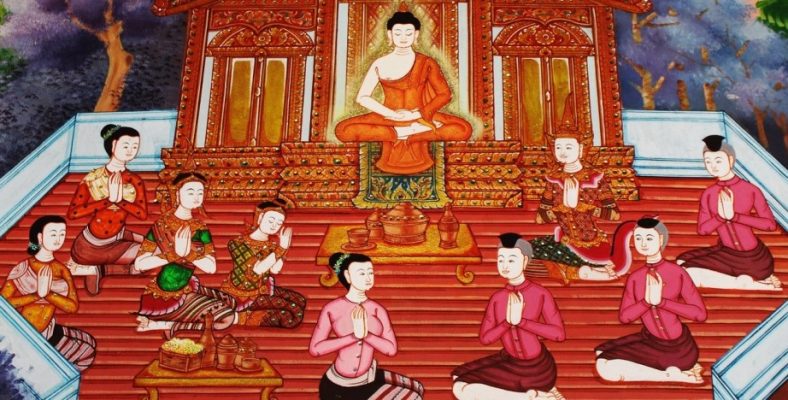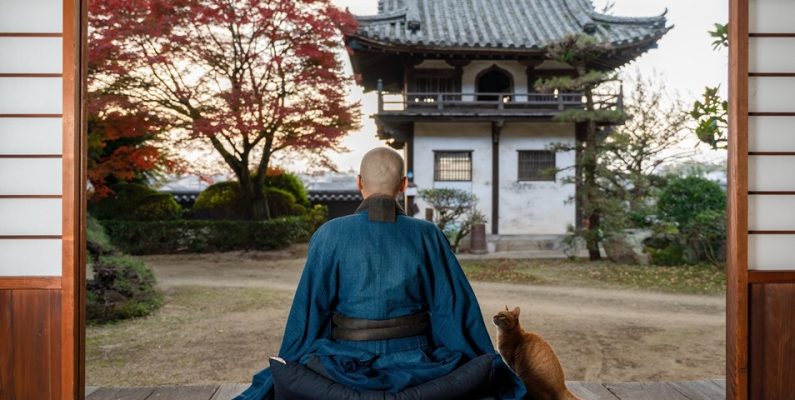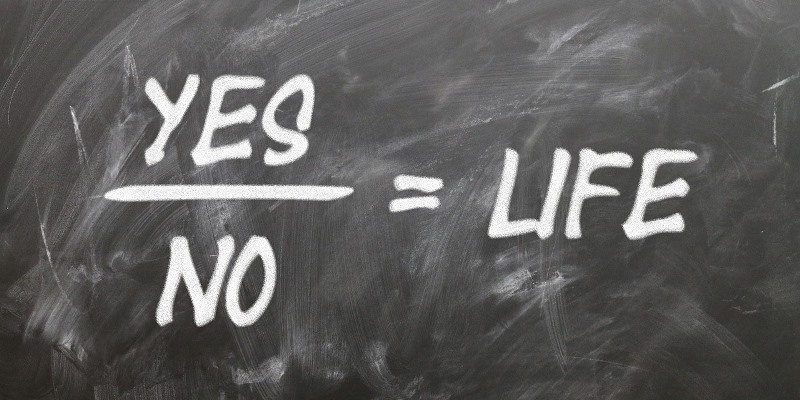
In the context of Enlightenment and Self-Realization, the spiritual teacher Jiddu Krishnamurti (1895-1986) often talked about this thing he calls Choiceless Awareness.

In fact, the concept of Choiceless Awareness is considered one of his most important methods (or perhaps better — techniques) to bring about a so-called “radical transformation” or “radical mutation” in ourselves, as Jiddu liked to call it. He claims that “Freedom is found in the choiceless awareness of our daily existence and activity.”
According to Jiddu Krishnamurti, Choiceless Awareness can be “reached” or “approached” through unbiased inquiry of arising phenomena, notably inquiry of the functioning of our mind and thinking, combined with Total Attentiveness. The whole thing is of course an interesting concept, approach, or hypothesis if you like, but I’ve come to have two main objections against the idea.
The first objection is the simple fact that we are human beings, and not plants. If there’s something to choose, we’ll necessarily choose. Always. If we want it or not, if we are aware of it or not, or aware of our motivations or not. There’s no way not to choose. And we also know that even not to choose, in fact implies a choice.
The second problem with the concept is the thing called Choiceless Awareness itself. How to “reach” or “do” that without choosing? And I think that mainly because of this last objection, I feel that the whole idea falls to pieces.

But then again, we need to sincerely know what is meant here before making a final judgment at all. Also — we need to be aware that judgment by itself is not what we could call Choiceless Awareness. Judgment implies choice and choosing. In fact, following Jiddu’s line of thinking we could only “judge” Choiceless Awareness by being “choicelessly aware” of Choiceless Awareness, which then surely wouldn’t be judgement.
Well, in any case, setting word-juggling aside, it doesn’t mean Jiddu Krishnamurti didn’t know what he was talking about. Personally, I’m quite sure he wanted to bring us “somewhere.” At some place, some point where we would see the paradox and drop the whole thing accordingly — “Choiceless Awareness” included.
And of course, we can and should approach the intellectual limits of what is possible to convey or know. It’s a good thing to toss and turn things — all conceptual things anyway — relentlessly. It keeps us sharp, critical, and can bring us to clear discernment.
But in the end, this thing we tend to call Radical Transformation, Spiritual Enlightenment, or Divine Insight, or whatever we like to call it, doesn’t seem to be something we can transfer intellectually or logically — if at all.

 Find themed health, wellness, and adventure holidays around the world.
Find themed health, wellness, and adventure holidays around the world.